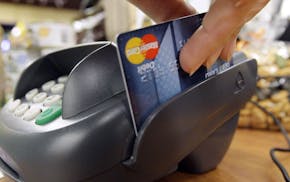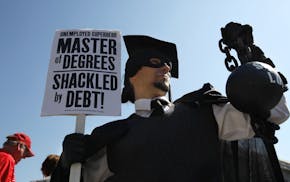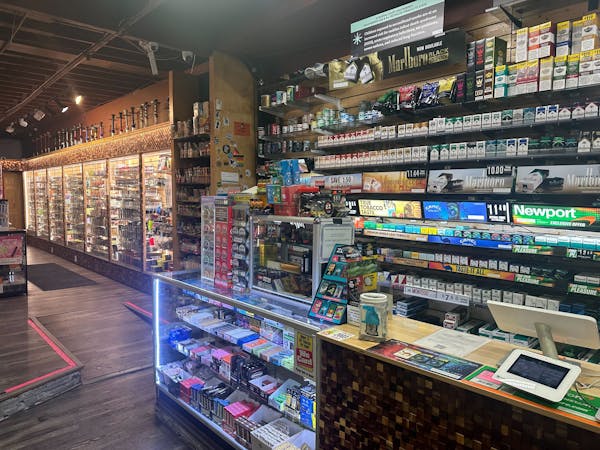Turn on the lights, cue the showgirls, open the vault.
When it comes to sin taxes, gambling seems like a can't-miss bet for state lawmakers.
In Missouri, 12 commercial casinos contributed $475 million in direct gaming taxes and admission fees to state and local governments last year.
Gambling even seems to work in Detroit, where not much does. Last year, the city's three commercial casinos paid $263 million in gambling taxes to the state and city. In little more than a decade, the Motor City has become the nation's fifth-largest casino market with a gambling tote of $1.4 billion.
So, what could go wrong with a state-owned casino in downtown Minneapolis? Let's count the ways.
Gambler fatigue: Nationally, there are more sanctioned gambling outlets than ever, but gaming revenues have been flat or down for several years. This is true at both commercial casinos, which tallied $35 billion in gambling proceeds in 2010, and Indian-owned gaming operations, which had about $26 billion.
Even in Detroit, not all is as rosy as it may appear from afar. Greektown Casino, the city's smallest, emerged from bankruptcy last year.
Some gambling analysts say the industry will bounce back when the economy strengthens, but the biggest gambling companies are focusing on less crowded international markets.
Full house: The Minneapolis casino backers waxed poetic about the 5.6 million visitors (more than 15,000 a day) that would come to downtown Minneapolis. Dream on. Fargo hipsters may initially find their way to a downtown Minneapolis casino, but the days of casinos as a destination attraction are largely over.
At most casinos (Las Vegas being the exception), 75 percent of the visitors come from the local trade area. Detroit found that 79 percent of casino visitors came from three counties.
"Why would you drive or fly past several casinos to get to a different one in Minneapolis?" said Keith Whyte, executive director of the National Council on Problem Gambling in Washington, D.C.
Tribal response: Minnesota's Indian tribes have enjoyed a state-sanctioned, tax-free casino monopoly for almost two decades. The 18 casinos generate an estimated $1.5 billion annually. The revenue and traffic projections for a downtown Minneapolis casino fail to take into account how hard the tribe will fight to protect their livelihood, said James McComb, a Minneapolis-based real estate consultant who has worked on casino projects around the country.
In Detroit, the nearest tribal casino is 160 miles away, but Minnesota's most popular casino, Mystic Lake, is only 40 miles from downtown Minneapolis. Its owners, the Shakopee Mdewakanton Dakota, have already said that they may begin serving alcohol if lawmakers approve expanded commercial gambling.
That would only be the beginning of what McComb expects would be a sustained response, including higher payout rates on tribe slot machines. It's a war a Minneapolis casino might not be able to fight without reducing its payout to the state.
"There's plenty the tribes can do because they don't have to worry about making those payments," McComb said.
State ownership: If maximizing tax revenue is what this is all about, the Block E casino should be privately owned and operated. Let's leave it to the pros, not the Minnesota State Lottery Board, to assume the risk and rewards of bringing glitz and gambling to downtown Minneapolis.
Besides, do we really want the state to officially be in business against Minnesota tribes?
Minnesota can still regulate the casino. Minnesota can still make a fortune from the casino.
Going private will mean getting realistic about the state's fair share of the proceeds. In Detroit, the city gets 12.1 percent and the state gets 8.1 percent. The combined tax rate in Missouri is 21 percent, with a share of that going to local jurisdictions where the casinos are located.
At this point, the odds that the Legislature will take up and approve a Minneapolis casino bill seem incredibly long, given that it's already gotten a thumbs down from key city officials and state lawmakers. Sometimes, long odds pay off. Most times, they don't.
ericw@startribune.com • 612-673-1736

Wieffering: Time to get over debit card fees
For Thrivent and others, warnings were there

With billions in sales, some co-ops are big business

